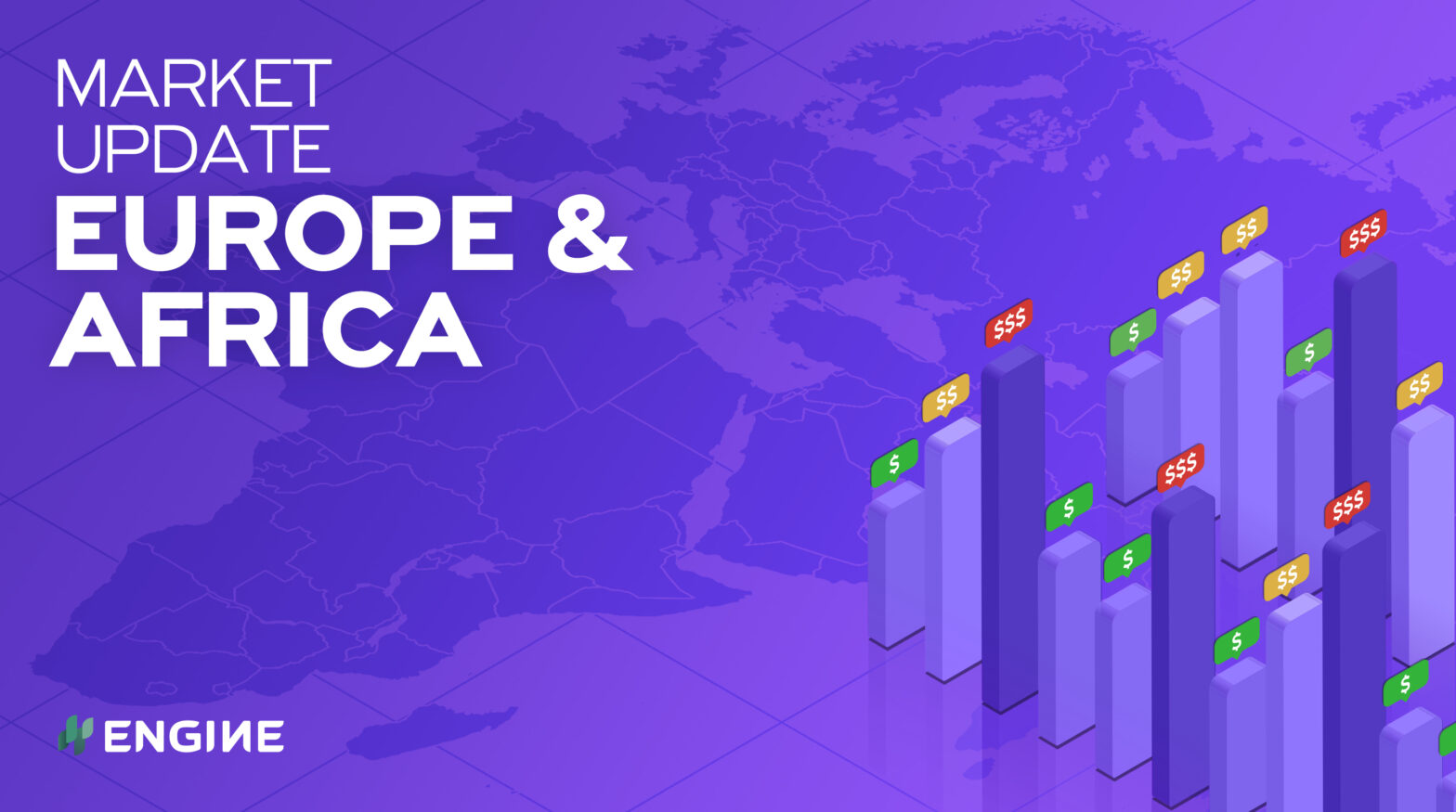European and African bunker prices are down from Friday’s highs, and rough weather has delayed some bunker deliveries in Gibraltar and Las Palmas.
Changes on the day to 08.00 GMT today:
- VLSFO prices down in Rotterdam and Durban ($11/mt) and Gibraltar ($4/mt)
- LSMGO prices down in Durban ($15/mt), Rotterdam ($7/mt) and Gibraltar ($6/mt)
- HSFO prices up in Gibraltar ($15/mt) and Rotterdam ($8/mt)
Gibraltar’s VLSFO price has strengthened against Rotterdam’s again, pushing its premium to $10/mt. The two European bunkering hubs priced the fuel grade within $3-6/mt of each other for much of last week, which is considerably less than Gibraltar’s typical $20/mt premium.
There is some congestion in Gibraltar this morning, with five vessels waiting either for a lack of free space in the port or for bunker barges to become ready. One supplier is running about half a day behind schedule, following weather disruptions from fog and poor visibility on Friday, and from high winds over the weekend.
High swell continues to complicate outer anchorage bunkering in Las Palmas, delaying several suppliers. There are no delays in Tenerife, where the seas are calmer.
Port Elizabeth has waves of over 4 metres forecast today. Bunkering at the nearby Algoa Bay anchorage will be suspended with swell of over 2.5 metres. The swell is forecast to come down below 2 metres again tomorrow.
A force majeure that had been in place since South African port IT systems were hacked on 22 July has been lifted from today, state logistics firm Transnet says.
“Transnet believes it is now in a position to service all its customers and meet all contractual obligations reliably,” it said in a statement.
Port operations across Cape Town, Durban, Ngqura and Port Elizabeth were forced to go manual when the cyber attack struck, delaying cargo handling and shipping schedules. Operations started to normalise last week.
Brent
ICE Brent October has slid $1.39/bbl on the day from Friday, to $74.49/bbl at 08.00 GMT.
Brent has retreated from the six-week highs it reached at the end of last week. Chinese data showing manufacturing activity at 15-month lows in July has weighed on the futures contract. The manufacturing sector is a massive consumer of fuels in the world’s second biggest oil-consuming country.
Rising Covid-19 cases in the US, China and several other large Asian countries has also put downward pressure on Brent. These countries’ fuel demand recoveries are up against the now-dominant and more transmissible Delta variant, which poses a particularly high threat in areas with lower vaccination coverage.
